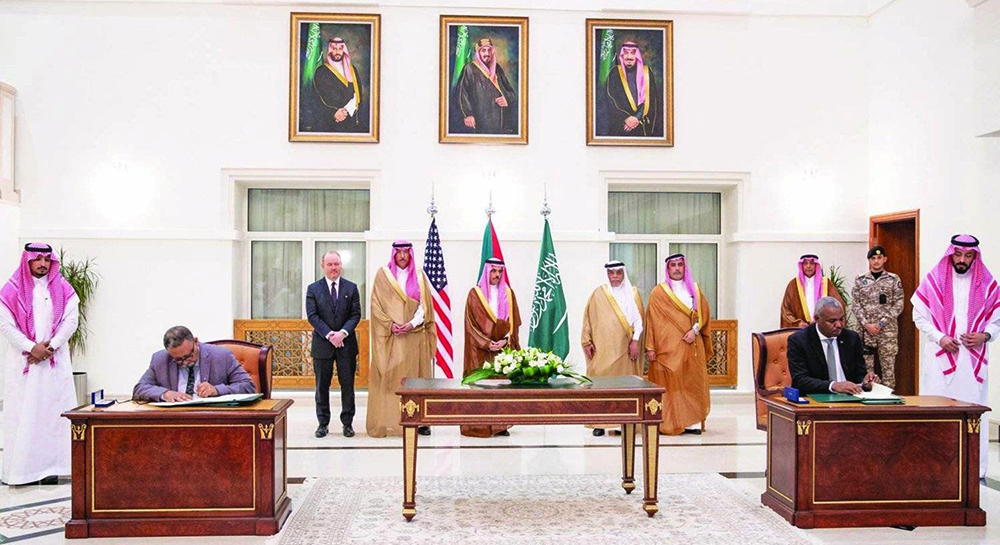
Jeddah Platform Week: Negotiations Still Ongoing, So is the War
Abdullah Rizk Abusimazah
A week has passed since the arrival of the delegations of the Armed Forces and the Rapid Support Forces to Jeddah on Thursday, October 26, to resume the negotiation process after a nearly three-month hiatus. However, the negotiations did not officially begin until Sunday, October 29, according to the announcement of the mediators, after completing consultations regarding procedural arrangements, including all parties agreeing on the agenda or work schedule.
According to a statement by the US-Saudi mediation, which was joined by a representative of the African Union and IGAD, "the resumed talks include a narrow set of goals." The negotiations, which deal with political issues, according to a statement by the Saudi Foreign Ministry, focus on:
Delivering humanitarian aid.
Achieving a ceasefire and confidence-building measures.
The possibility of reaching a permanent cessation of hostilities.
The quadrilateral mediation, in its statement on the next phase of negotiations, which deals with political issues, stated: "Civilians in Sudan must determine the countrys course going forward and play a leading role in addressing political issues and restoring the democratic transition in Sudan."
However, the start of negotiations, which heralds - in any case - the approaching end of the war and revives hope in the hearts of millions of war victims, was accompanied by a sharp escalation in the states of Darfur and West Kordofan, which raised concerns about the future of the negotiations and their outcomes. However, this escalation is not expected to affect the negotiations. As the fighting continues, and the Rapid Support Forces seize Nyala and Zalingei, with an expected continuation of their attack to include Al-Fashir, Al-Junaynah, and oil sites in West Kordofan, the negotiations are still ongoing, at least.
In the speech given by General Shams al-Din Kabashi at Wadi Saydna Base, upon his departure from the besieged General Command, where he announced for the first time the armys acceptance of the invitation to resume negotiations in Jeddah on October 26, 2021, he emphasized not abandoning the fight. This means that fighting and negotiation are part of one package. While it is not unusual in the history of wars and negotiations, in this context, this discourse aims to reassure the war advocates among the Islamists inside and outside the army, which Burhan has been accustomed to marketing.
But this double discourse, which carries contradictions, did not prevent the war advocates from the Islamists from doubting Burhans leadership after he left the besieged General Command, preparing for a campaign to demand his dismissal or to overthrow him. This campaign has evolved to include other military leaders following the recent Rapid Support Forces seizure of Nyala and Zalingei.
However, this escalation in confrontations on the battlefields may encourage a speedy completion of the negotiation process leading to an agreement on a ceasefire and ending hostilities. It seems that the negotiation option has become preferable for the armys leadership, ahead of the military resolution option, which has become pending and conditional on the Rapid Support Forces response to peace and its requirements. General Abdel Fattah Al-Burhan said during a speech last Tuesday at Wadi Saydna Base: "If the rebellion rejects peace and the path of peaceful solutions, then there will be no solution other than a military resolution."

